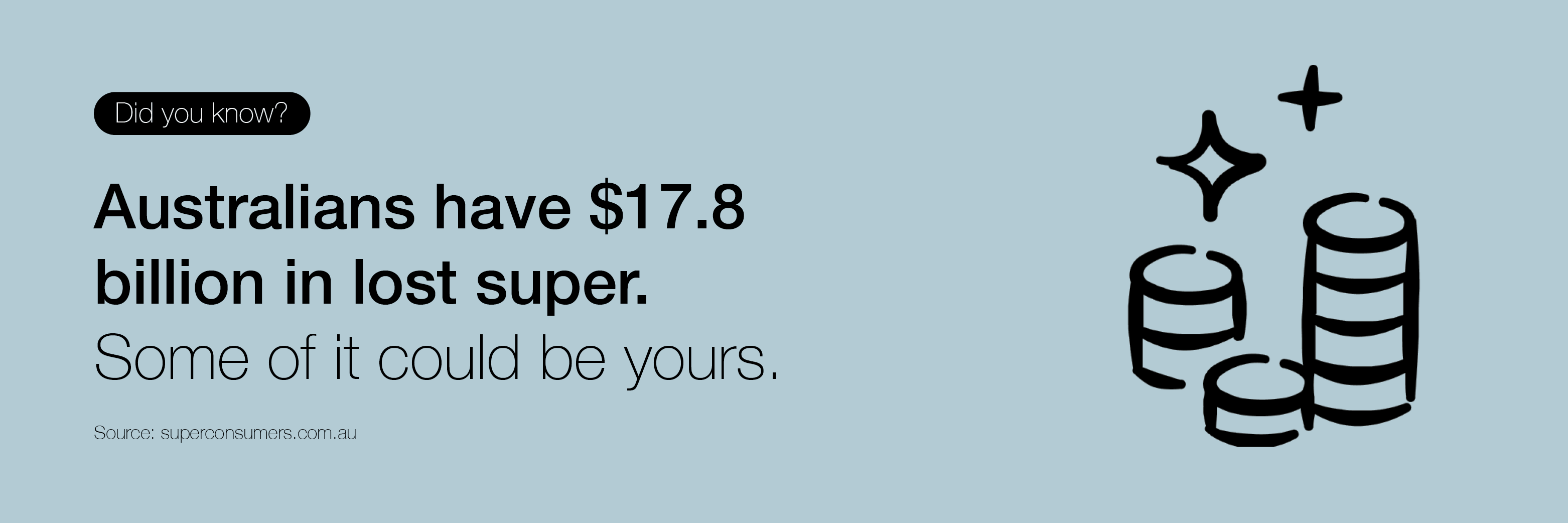Tax & Superannuation
Fulfilling your tax obligations and understanding superannuation as a maker can be overwhelming. This toolkit aims to breakdown some key considerations and make the process easier to grasp.
Tax
What are some considerations in starting a business as an artist?
- Australian Business Number (ABN) Application
An ABN is crucial if you’re involved in business-to-business transactions. Without an ABN, the client business is required to withhold a portion of tax from payments due to you. Everyone’s life circumstances and practices are different, so Guildhouse suggests seeking advice on whether you require an ABN.
- Business Bank Account
Opening a bank account that specifically pertains to your practice will make it easier to identify business related income and expenses. Although this is not necessary, it may expedite your financial processes and filing.
- Record Keeping & Paperwork
Set up a system to record your income and expenses. This may take shape as an Excel spreadsheet or accounting based software system. If you opt to use software, ensure to learn the system, or your accountant’s fees will potentially increase, rather than decrease. Be diligent and up to date with filing paperwork. View our basic Excel template here.
- Understanding Tax
Familiarise yourself with how the taxation system works; what income counts, what expenses don’t. Consult professionals who can provide trustworthy advice.
Useful resources:
Australian Taxation Office: Businesses and Organisations
This webpage from the Australian Government helps in identifying whether your creative practice is a business or a hobby.
Statement by a supplier forms are often required if you do not operate under an ABN.
Superannuation
Super is super important!
There are two ways to get super – supplying your details to an employer, or paying yourself. Either way, you should be accumulating superannuation for your future.

- What is superannuation?
Superannuation is the money allocated to a dedicated fund throughout your working life, by you or your employer, for the purposes of your retirement. It is an accumulative long-term investment. This means, if more contributions are made whilst you’re working, there will be more superannuation for your retirement.
- Why is superannuation important?
By building your superannuation, you are investing in your future. When you’re running a small business and working as a creative professional, often with an irregular income, it can be difficult to prioritise allocating money to your superannuation account when there are bills to pay and materials to buy. But making even a small contribution to your superannuation throughout your career could provide you with valuable financial support when you reach retirement age.
- How much superannuation do I need?
Determining how much superannuation you might need depends on the kind of life you want in retirement. If you are seeking a ‘comfortable’ retirement that might include domestic and occasional overseas travel, home renovations, and regular leisure activities, you will likely need more superannuation to fund your lifestyle. But before all of that, it may be important to consider the kinds of medical expenses, housing and utility costs you expect to incur throughout your retirement. If you are unsure about how much superannuation you might need, obtain professional and trusted financial advice.
- Wait, but I’m a sole trader!
Creative practitioners working as sole traders tend to not have a regular income, nor an employer for much of their career. Contributing to your own superannuation could be an effective way to ensure you have funds for your retirement. It’s important to remember that there are limits on the number of contributions you can make to your superannuation each financial year. If you exceed the contribution cap, there may be tax consequences. For guidance, refer to the Australian Taxation Office’s advice on personal super contributions for sole traders.
The information provided contains general advice which does not take into account your specific objectives, financial situation or needs. You should consider the appropriateness of this general advice with regard to your personal circumstances. You may also wish to obtain independent financial advice. This toolkit is not intended to be, and should not be construed in any way as, investment, legal, or personal advice.
Guildhouse Community and Accredited members are eligible for Advice Bank sessions. Discuss a range of topics with Guildhouse’s experienced art professionals, including; grant funding applications, professional documentation, marketing, communications, artist opportunities and more. Contact us for more information.
